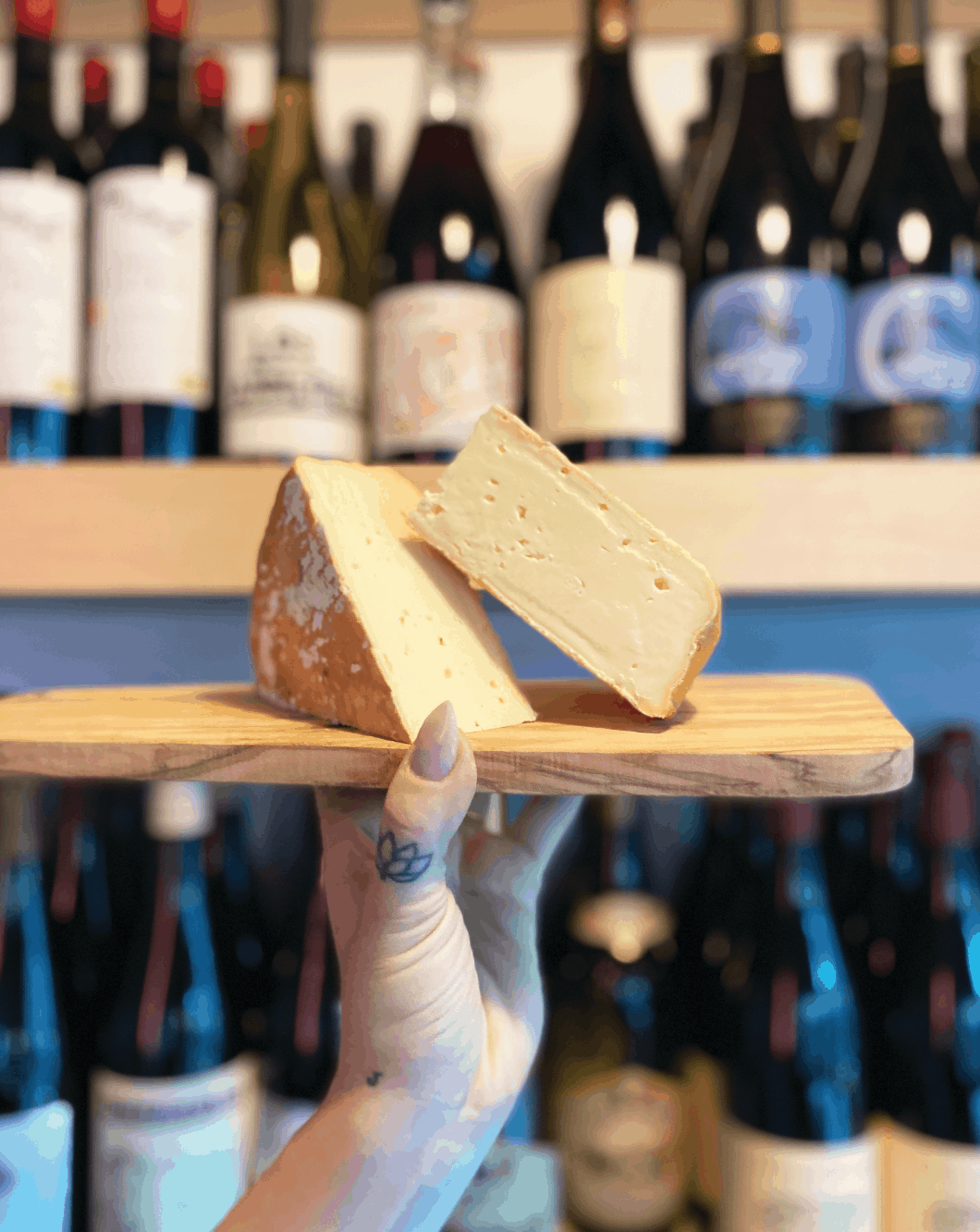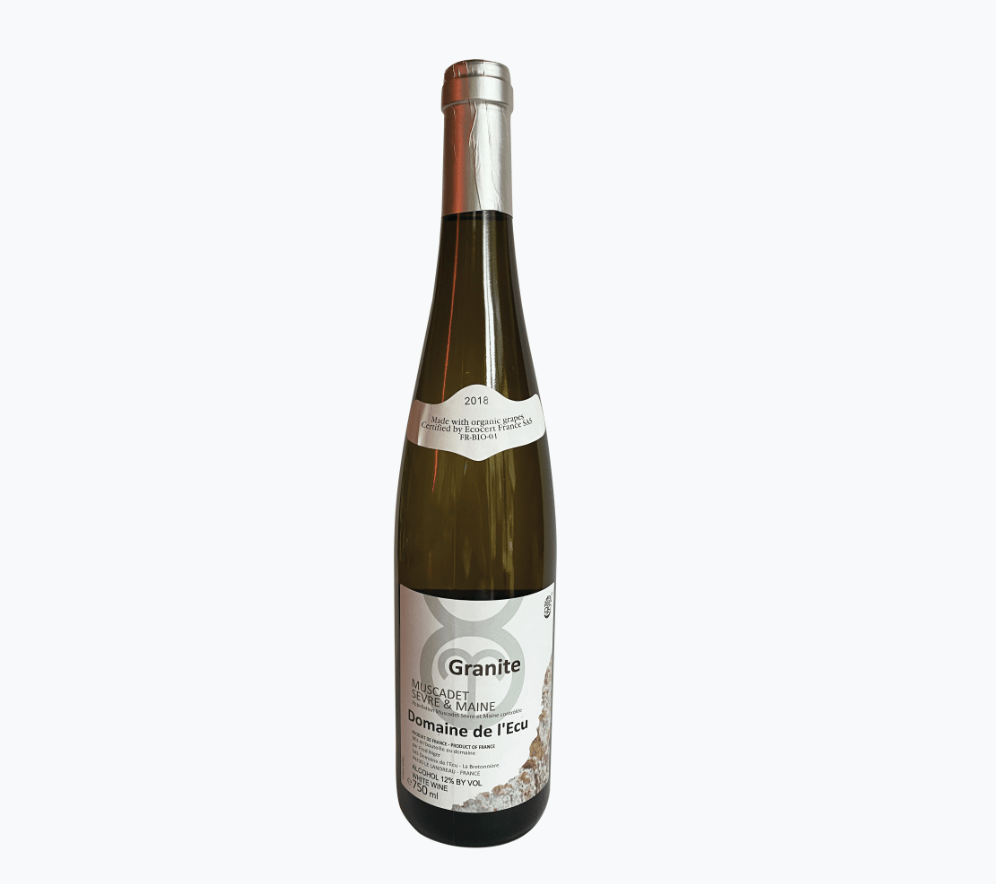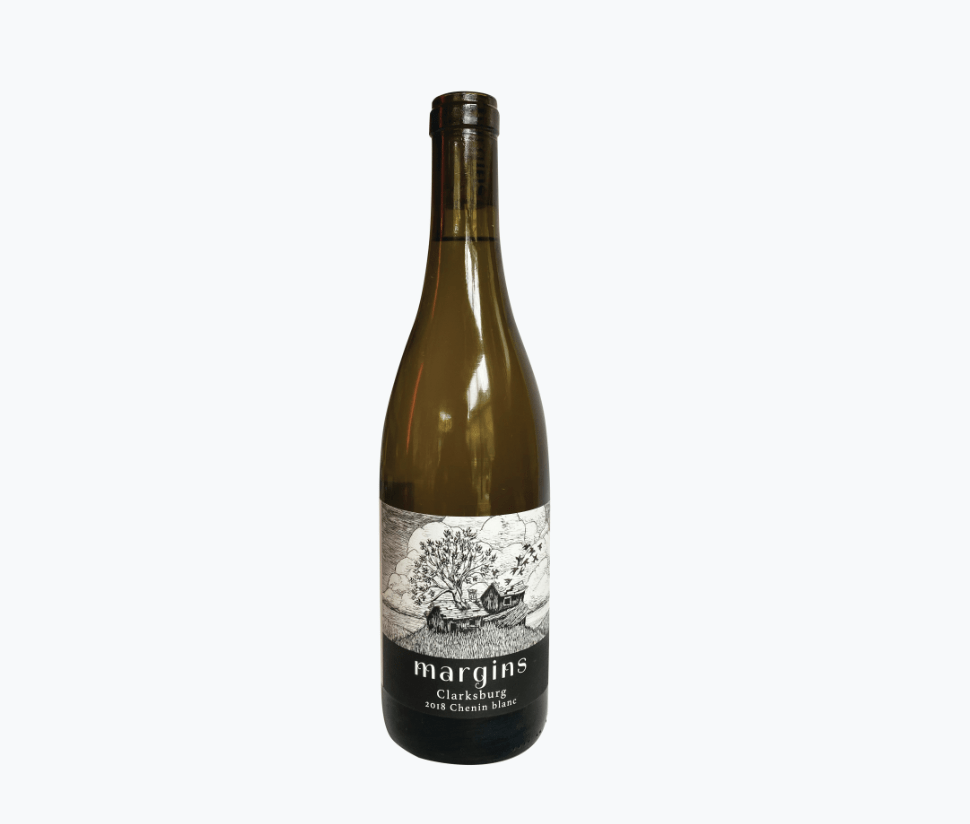
Natural is having a moment. The food world is abuzz with all things au naturel (please read in a French accent), and the world of cheese is no exception. Much like the labels “organic” and “pasture-raised,” “natural” refers to how things are made. In the case of curds, a natural cheese should be produced with raw milk using cultures created by the maker—not store-bought, industrially-made cultures. The resulting cheeses have a double dose of terroir because both milk and cultures come from the land, unsullied by non-native elements. It’s quite simple, really, and it’s how cheese was made wayback when. But since so many North American producers favor conventional cultures over natural methods these days, we’re here to shout about the folks who are making natural happen.
“While industrial food production puts all of its efforts into low cost of production and ease of distribution, natural artisanal foods are, at every turn, optimized for the joy of eating,” says Nina White, co-founder of New Jersey–based Bobolink Dairy & Bakehouse.“It turns out, not by accident, that the same methods that produce the very best cheeses are also the most humane, improve soil while sequestering carbon, and consume the least fossil fuel.”
White and her husband, Jonathan, have been making cheeses naturally since 2002. White believes the true measure of a natural cheese is in the flavor. “We get a complexity and depth in our cheeses that speaks deeply to our hunger centers, to our minds, [and] to our souls,” she says.
Bobolink is in good company alongside fellow North American natural cheesemakers Parish Hill Creamery of Vermont and Haltwhistle Cheese Company of British Columbia. And what better to pair with natural cheese than natural wine, yet another industry making the case for sustainable taste of place?
“Natural wine allows for better ecological practices and creates a unique, terroir-driven product that in turn protects the Earth,” says Margot Mazur, sommelier and events lead at Rebel Rebel, a natural wine bar in Somerville, Massachusetts. “I don’t want to drink chemicals and additives. I want to feel connected to the land and the grapes and the winemaker—not to syrups and chemically synthesized flavoring agents.”
Many European makers had returned to natural processes long before the US showed up to the new natural party, and some products (think: PDOs like Parmigiano-Reggiano) have always been made naturally. Better late than never, as they say! Find our picks for three natural wine and cheese pairings, featuring leaders in North America’s natural cheese revolution.
FOR THOSE CURIOUS ABOUT “THIS NATURAL CHEESE THING”
PARISH HILL REVERIE + JEAN BOURDY CÔTES DU JURA BLANC
About the cheese: Reverie is a traditional, semi-hard Toma with bright milky notes and a peppery tang on the finish, perfect for a crisp fall day. This is a great intro to natural cheeses because its mild milkiness pairs well with almost anything.
Why this pairing works: “This pairing is cozy, like sitting fireside in Vermont,” says Mazur. The wine—a 100% Chardonnay from the Jura region of eastern France—brings out the oxidative qualities in the cheese and makes for a nutty, cheese-for-dessert pairing.
FOR THE SELF-PROCLAIMED FOODIE
HALTWHISTLE PENNYMEDE +DOMAINE DE L’ECU MUSCADET SÈVRE-ET-MAINE GRANITE
About the cheese: This Canadian cow’s milk wheel is pungent, semi-soft, and has a touch of saltiness. A regular washing in British Columbia’s Dageraad Brewing beer lends the rind its light orange hue and pungency.
Why this pairing works: This wine looks like white gold and tastes like the mineral-rich granite soil in which its grapes are grown. It’s ever-so-slightly salty, which brings out the briny nature of the cheese and makes the pairing sing.
FOR THE ADVENTURE-SEEKER
BOBOLINK DRUMM + MARGINS CLARKSBURG CHENIN BLANC
About the cheese: Drumm is meaty, grassy, and complex, but not overpowering. One of Bobolink’s trademark offerings, the taste of this semi-hard cow’s milk cheese changes from wheel to wheel. “We make cheese daily, capturing the best of each day’s microbial balance, that moment in terroir,” says White.
Why this pairing works: “Chenin… It’s a workhorse,” says Mazur. Margins Wine founder Megan Bell is certainly a leader in domestic natural wine, and her Clarksburg Chenin Blanc is super cheese-friendly: It’ll pair well with Drumm no matter the wheel you get.
Photo by Madison Trapkin







